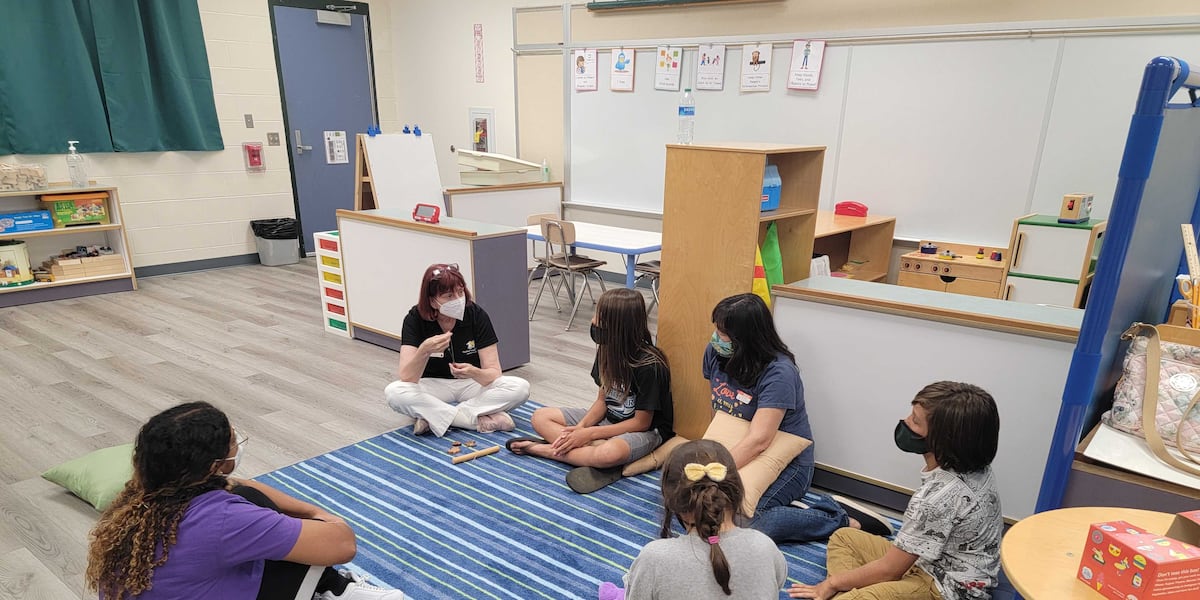Healing Childhood Wounds: Expert Reveals the Powerful Antidote to Trauma

Youth advocates are raising urgent concerns about the profound emotional and psychological scars left behind when families are torn apart by ICE raids and domestic violence incidents. These traumatic separations can have devastating long-term consequences for children and vulnerable family members.
Experts argue that the sudden and often violent disruption of family units creates deep-seated emotional wounds that can persist for years. Children who witness parents being detained or removed face significant risks of anxiety, depression, and long-term psychological distress. The uncertainty and fear surrounding potential family separation can create a constant state of emotional instability.
Youth organizations are calling for more compassionate approaches that prioritize family unity and child welfare. They emphasize the critical need for trauma-informed policies that recognize the human impact of enforcement actions and domestic violence interventions.
The psychological toll extends beyond immediate family members, affecting entire communities that live in constant fear of unexpected separations. Young advocates stress that these experiences can lead to generational trauma, undermining the sense of security and belonging that are fundamental to healthy child development.
As the national conversation continues, these youth-led movements are pushing for systemic changes that protect families and recognize the profound human cost of current enforcement and intervention strategies.
